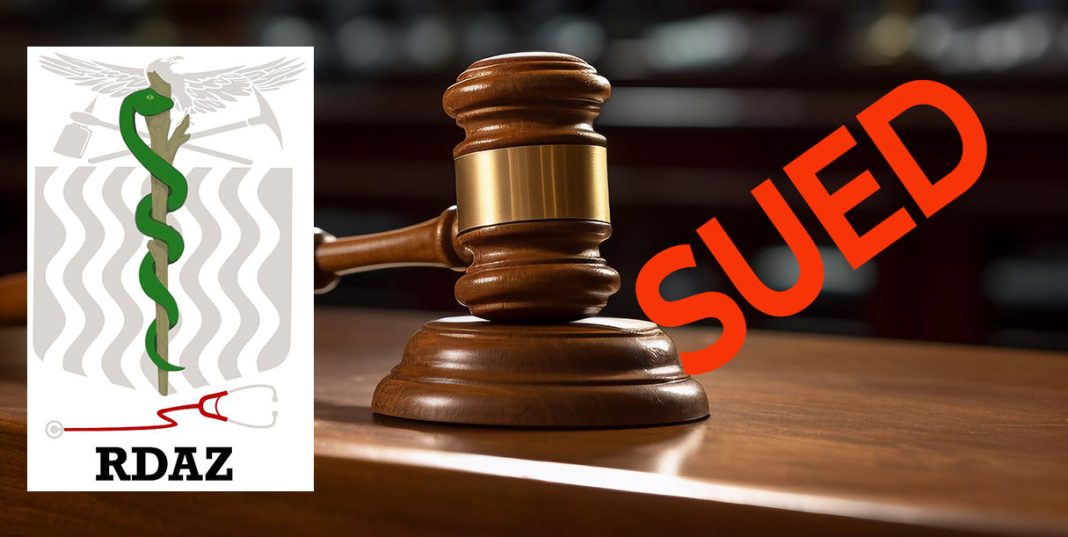Two doctors have taken legal action against the Resident Doctors Association of Zambia (RDAZ) after being disqualified from contesting in the association’s upcoming national elections scheduled for April 2025.
Dr. Zacks Ndumba and Dr. Samuel Siyanga, who claim to be fully paid-up members of RDAZ, have filed a lawsuit in the Lusaka High Court seeking a declaration that their disqualification was unconstitutional and should be nullified.
The plaintiffs argued that the decision contradicts the RDAZ constitution and unfairly prevents them from participating in the elections.
The doctors have requested the court to issue an order preventing the defendants from proceeding with the scheduled elections until the matter is resolved.
They seek a directive compelling RDAZ to allow them to contest in the elections, along with any further relief the court may find appropriate.
They have also asked for costs associated with the legal action.
Dr. Monday Sichula, sued in his capacity as the General Secretary of RDAZ, has been named as the defendant in the case.
The plaintiffs contended that as registered medical practitioners and paid-up members, they have met all necessary requirements to participate in the elections.
According to the RDAZ constitution, membership is open to all registered medical doctors who have not attained specialist status.
In early March 2025, RDAZ issued a memo outlining the election timeline, including a nomination period during the first week of the month.
The plaintiffs successfully submitted their nominations for the positions of President and Vice President, respectively.
However, on March 9, 2025, the RDAZ electoral commission released a list of successful candidates, which excluded the plaintiffs.
The commission cited their disqualification based on an alleged failure to meet the requirement of being fully paid-up members.
It stated that information retrieved from the association’s register suggested they were either expelled or unpaid members, as per Article 18.3(f) of the RDAZ constitution.
The plaintiffs disputed this claim, arguing that they have consistently maintained their membership and were never notified of any expulsion.
They subsequently appealed the decision but received a response stating that their appeals could not be considered until after the elections due to the current executive’s term having ended.
The plaintiffs argued that delaying the resolution until after the elections would render their case irrelevant and deny them the opportunity to seek office.
Despite filing further appeals with the RDAZ electoral commission, they claimed to have received no response, while other candidates have continued their campaigns.
They stated that proceeding with the elections under these circumstances would violate their rights and cause them irreparable harm.



